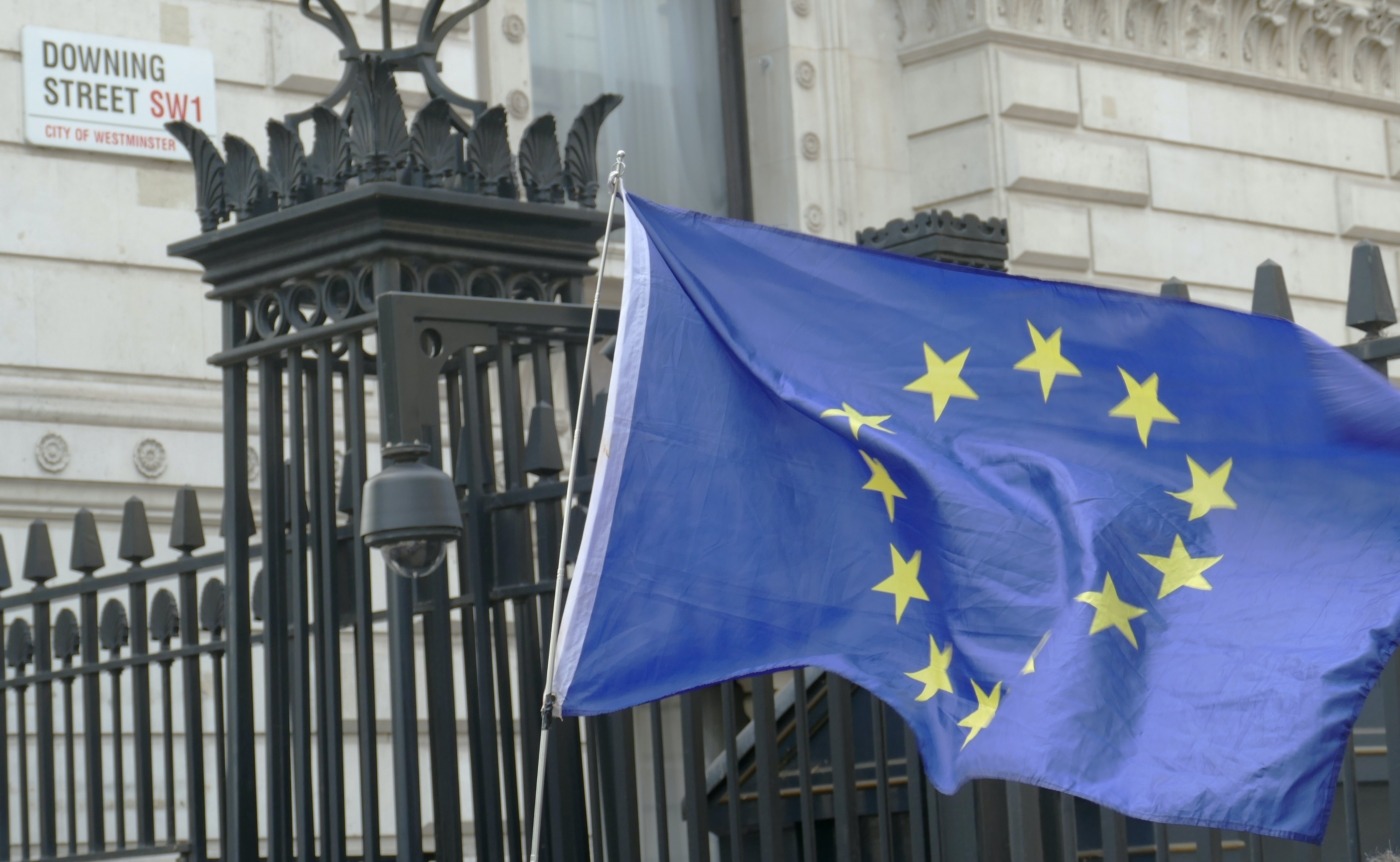Back to Brexit
You would be forgiven for forgetting that it was only at the start of this year that the United Kingdom left the European Union. Part of this is because of all that is happening around the world; the coronavirus pandemic and the Black Lives Movement have dominated the news-cycle, and people are desperate to move on.
But the other reason you have forgotten about Brexit is because, well, not much has changed. Despite all the warnings, the UK didn’t crash out of the Brussels Bubble in a no-deal. Instead, they got themselves a precursor deal, leading to a transitionary period to form a new trade pact. This period, which is applicable till the end of this year, means that the UK still has to follow some EU rules until a trade deal is negotiated. While attempts to have said negotiations over Zoom largely failed, the two parties would soon be meeting again in person to iron the kinks out. So, what is on the table?
Taking back control?
The British side has been explained very well, repeatedly, by the phrase “having cake and eating it.” Initially, this was used to communicate the fact that UK wanted free trade with the EU (by being a part of the European Economic Area) without having the freedom of movement that comes alongside it for other EEA states. The question was about borders.
Today, the question has changed to be about British laws being controlled by the European Union instead. The EU argues that British firms shouldn’t be given free access to the European market if they have unfair competitive advantages. According to them, a “level playing field” is required in order to ensure that British competitors don’t undercut their European counterparts.
This problem arises as different countries have different laws. For example, cost of labour in developing countries such as Bangladesh is significantly lower than in developed countries. Normally, the EU would impose taxes and import duties on such products in order to ensure that European products are able to compete with Bangladeshi products. The UK, however, neither wants to give up free access to the EU, nor do they want to level the field. As European Commission President Ursula von der Leyen puts it: “Without a level playing field on environment, labour, taxation and state aid, you cannot have the highest quality access to the world’s largest single market.” Most argue that the Europeans have the upper hand here, as 49% of British trade is with the EU and not vice versa.
Further questions about control remain. While the entire 2016 Brexit campaign revolved around taking back control, the UK is realising is that it comes at a cost. The European Court of Justice is another sore point between the parties, as is the control that the UK wants to have over its fisheries.
The Clock Ticks
It is important for us to remember how the proverbial clock continues to tick. Earlier, Boris Johnson and camp used this to their advantage. With the threat of no-deal in front of them, the EU agreed to get back to the negotiating table and hammer out a deal with a transition period. However, this period has a deadline of the end of this year, by which the UK and the EU must have their agreement ready.
A cursory glance at the agenda above will make you understand that negotiating this is not going to be easy. A number of decisions have to be made and time is of the essence. While there is an option to extend this transition period, the UK has refused to do that for now, probably seeing it as another way to push the EU. Yet it is worth considering if the opinion may be misguided.
An extension requested after June (which has passed) would require a fresh treaty and the approval of all 27 national and some regional parliaments in the Union. This seems increasingly unlikely to pass.
It is worth remembering that no-deal would result in falling back to the World Trade Organisation’s trading rules. While a lot of the migration stuff was resolved in the transitionary treaty, neither party would like to go back to a period of tariffs. The question remains, will they be able to solve it?

Comments